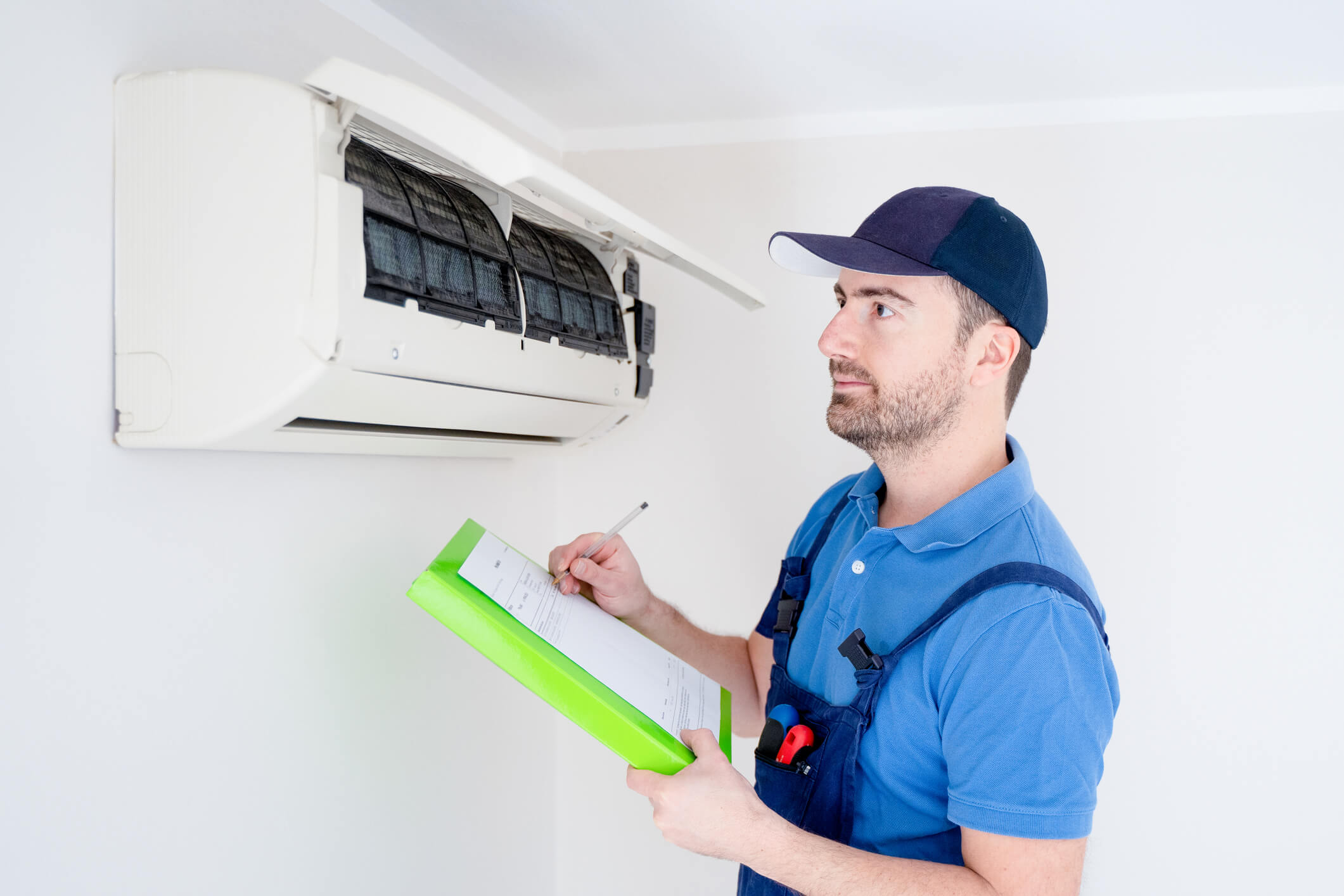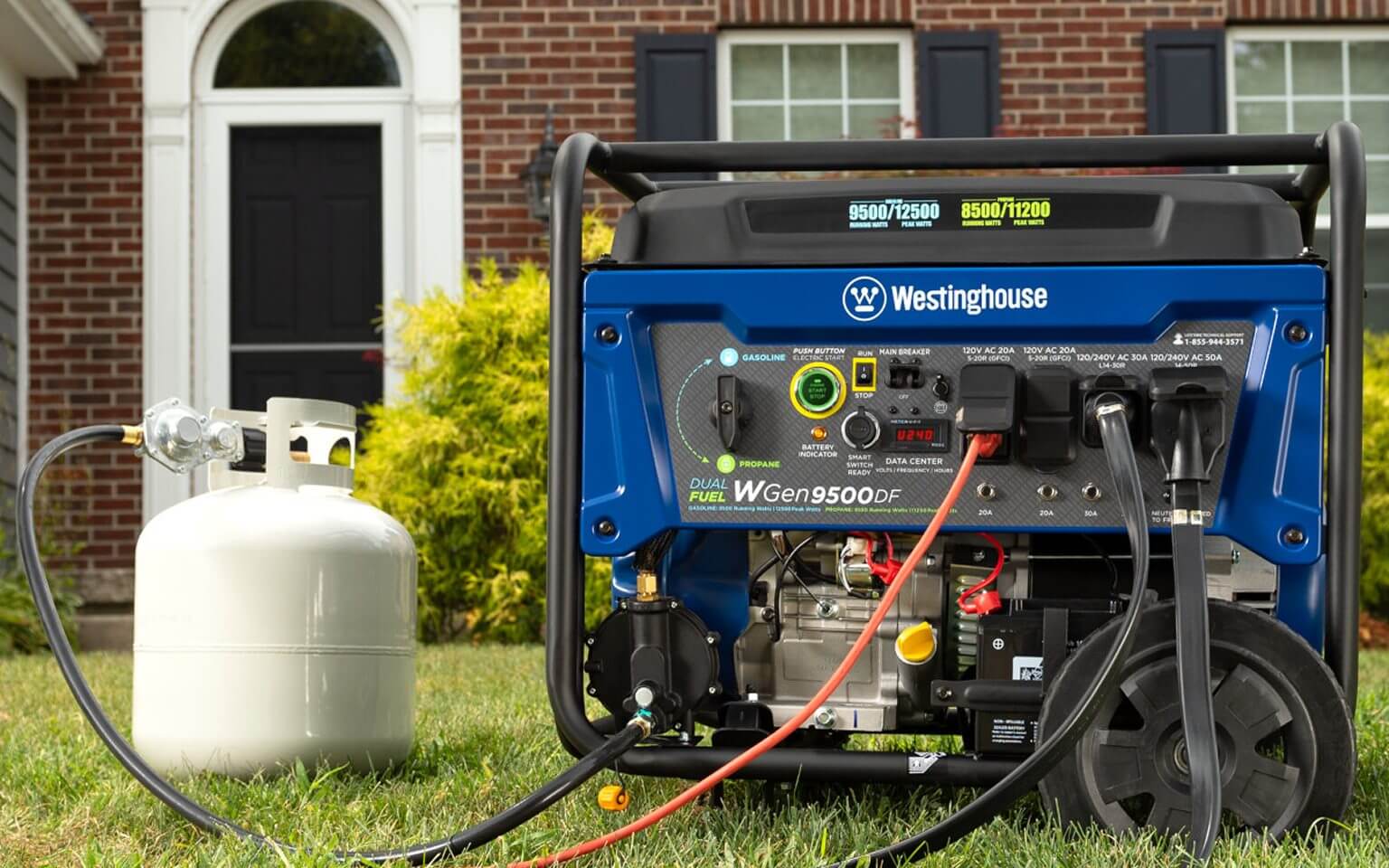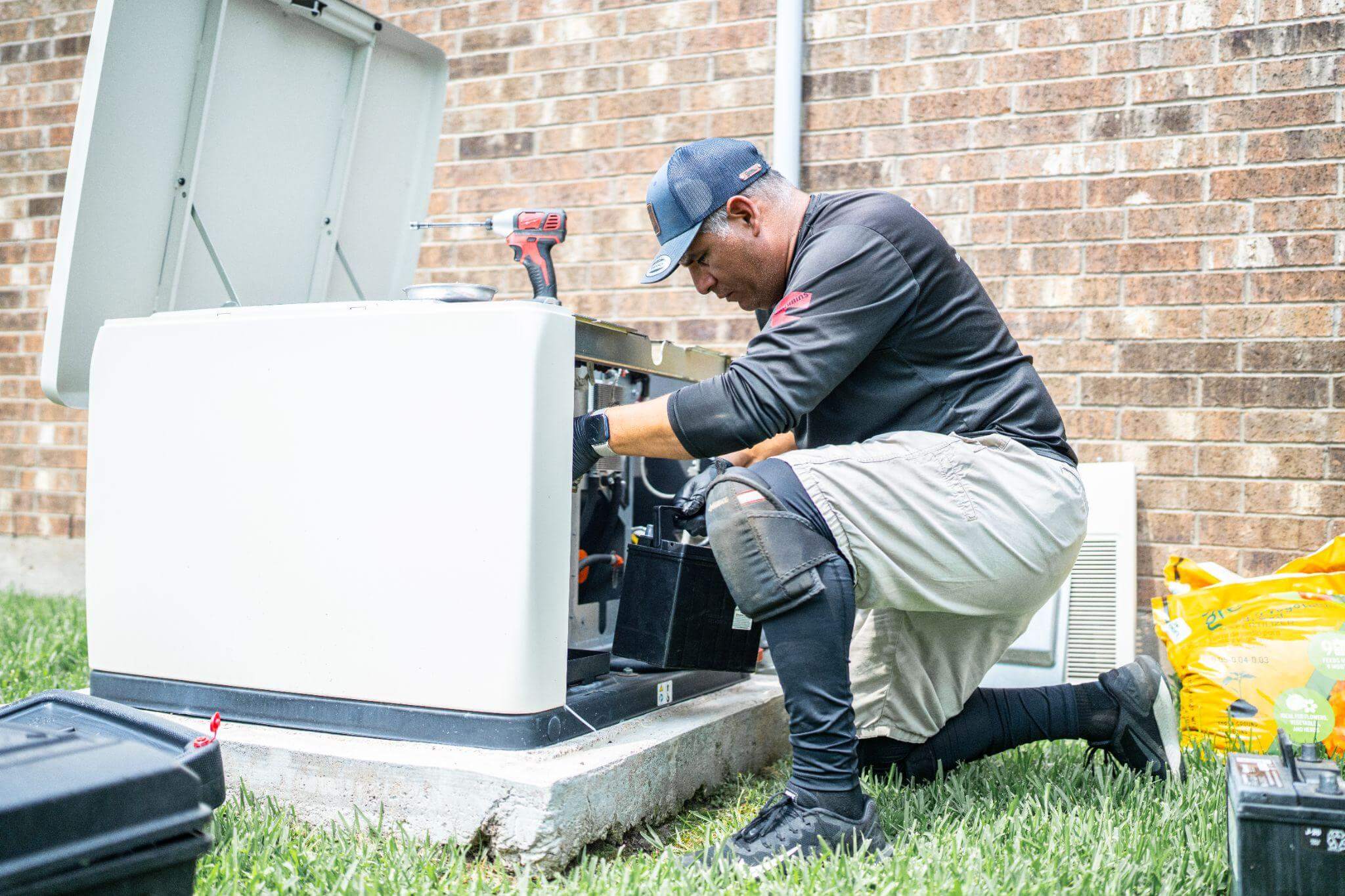Are you doing an HVAC project?
Modernize can pair you with three to four pros in your area, so you can compare options and save time and money.
Are wildfires a threat to your home? A majority of scientists believe that climate change has increased the prevalence — and intensity — of forest fires, meaning we could see more of these hazards to come in the future, particularly in the western United States. Their reasoning? Droughts have contributed to drier than usual conditions in forests — and elevated temperatures draw water from surrounding plant life, leaving them ripe for fires. If you want to get a feel for how prevalent forest fires really are, scroll through the posts from NASA’s Goddard Space Flight Center. Their imaging regularly captures new fire outbreaks—sometimes over four or five separate incidents across the U.S. per month. It leads many to ask, how do you keep outside smoke out of your house?
When under a fire advisory, HVAC practices can help maintain your health and safety throughout. Your HVAC unit is your unsung hero during times of poor air quality. The filtration units in your system, if properly maintained, can purify indoor air, keeping it safe and breathable. Here’s how it works.
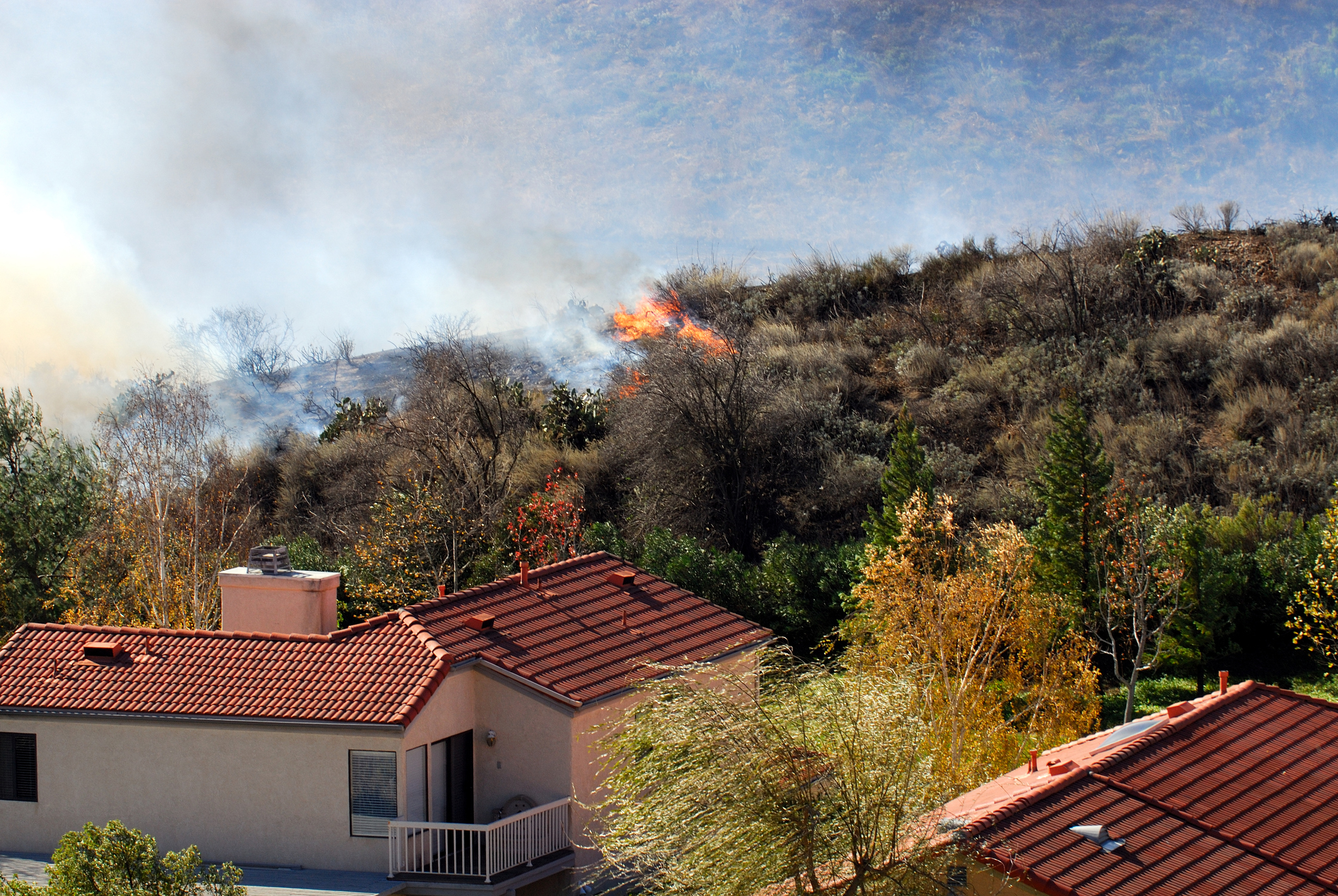
First Things First: Staying Safe During a Wildfire
When fire threatens your home and community, your first priority is obviously your family’s safety. Pay attention to public health messages from local radio and news stations, and if they recommend you evacuate, go.
However, the radius of affected households typically extends well beyond the immediate path of the flames. Smoke from fires throws air quality into havoc, creating toxic conditions that can make you or your family members very, very sick. Although healthy adults can typically handle limited exposure, people who suffer from asthma, cardiovascular problems, or lung disease may be significantly harmed by smoke inhalation. Young children are also especially vulnerable — according to the CDC, since children’s lungs are still developing, they tend to take in more air per pound than adults.
To get a sense of the air quality in your area, check out the EPA’s Air Quality Index Forecast, which lets you view at a glance at-risk locations. If their read-out for your home looks bad, follow these precautions:
Find the Right Contractor for Your HVAC Project
Whether you’re ready to begin your project now or need some expert advice, our network of contractors are here to help. With a few simple questions, we’ll find the best local professionals for you
- Stay Indoors as Much as Possible. Especially don’t go out if local advisories recommend that you stay inside.
- Wear Protective Gear Outside. If you do have to go out, wear a protective N95 or P100 respirator mask — don’t rely on paper masks, since these don’t really filter out smoke.
- Keep Windows and Doors Shut. As much as possible, try to maintain the air quality inside (more on that to follow) by keeping openings secured. Don’t smoke, burn candles, vacuum, or use your oven — these activities will just exacerbate the problem.
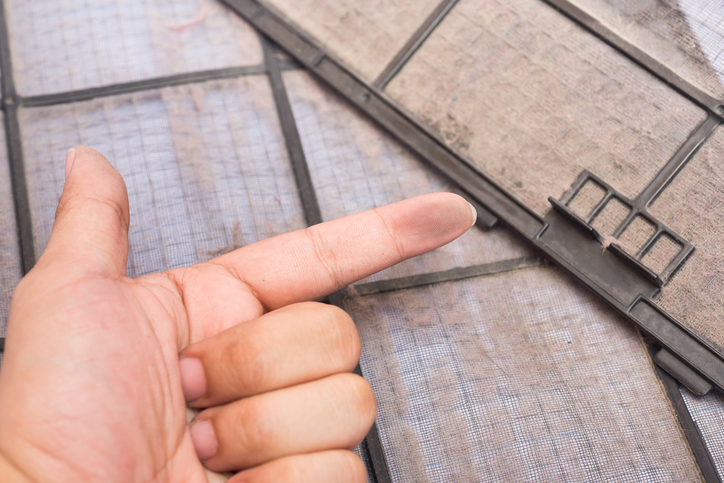
Improving Indoor Air Quality Using Your Home’s Cooling Systems
It’s important to know how to keep outside smoke out of your house. When the air quality outside keeps you in your home, you may be able to effectively use your home’s air conditioning and filtration system to improve the air your breathe indoors.
- Change Air Filters. The first thing you can do is change all your HVAC air filters. Although you may have closed your windows and doors, fine particles can still filter in through roof vents or small gaps in windows and doors, and of course, pose a risk any time you have to go outside. A clean filter will be able to handle the increase in particulate matter in the air. An air purifier with an HEPA filter may also help, if you have one. Some more advanced units even have air quality ratings to let you know how well the air is doing in your home.
- Turn on Your Air Conditioning, but Close the Fresh Air Intake. Running your AC will circulate air in your home through your unit’s filters, effectively purifying the air (this is why clean filters are so important). However, many units have fresh air intakes. Usually, these small filtered vents help improve air quality, since the air outside is typically fresher than the air outside. But during a wildfire, they can pour unhealthy air into your home’s interiors. To keep smoky air outside, close the intake using the damper. Typically, the fresh air intake will be located in your attic or ducted to the return side of the home’s central air handler.
- Keep Bathroom Fans and Window Units Turned Off. Bathroom fans and window box fans commonly pull outside air into your home, so they should be shut off during a fire advisory.
With any luck, you’ll never need to use this advice, but if a fire advisory should come down on your community, using your HVAC unit effectively can filter out a large amount of particulate matter in the air. Until then, stay safe out there!
If you need help with local HVAC repair or to talk to a reliable HVAC technician in your area. Use the link above to find the best contractors in your area to help guide you through your home’s HVAC replacement project.
Find the Right Contractor for Your HVAC Project
Whether you’re ready to begin your project now or need some expert advice, our network of contractors are here to help. With a few simple questions, we’ll find the best local professionals for you
Reviews from Real Homeowners
Welcome to Homeowner Resources! We are the Modernize blog. Modernize pairs more than 3 million homeowners a year with pre-vetted contractors in their area. This blog started because we believe homeowners should know everything about their homes, from how their HVAC works to which front door colors they might love. On Homeowner Resources, you can find information on every part of your home, right down to how you can negotiate with contractors to get the best price. Here's more about the blog.
Need a contractor? Learn more about how Modernize finds the right pro for you.


